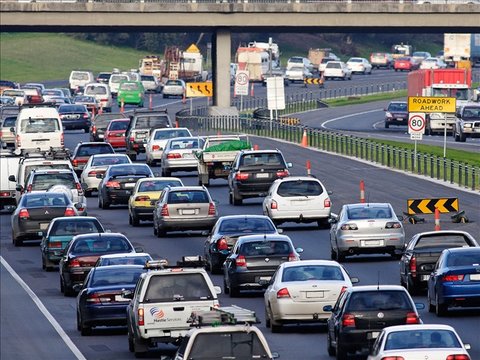Auto Insurance Plan Would Reduce Rates, Dyman & Associates Insurance Group of Companies

The long fight to reform Michigan's no-fault auto insurance system might be coming to a head.
Republican leaders laid out a new proposal Thursday that would place a cap on the now-unlimited medical claims and force insurers to their rates for now.
House Speaker Jase Bolger, R-Marshall, announced the plan, citing the fact Michigan drivers pay some of the highest premiums on car insurance in the country.
"Our families are saying they can no longer afford their auto insurance, they're struggling to pay those bills," Bolger said.
The plan calls for a cap of $10 million on benefits and a reduction in premiums of at least 10 percent for at least the next two years, which would save the average driver about $10 per month.
"The goal of this cap is that it won't impact anyone, today there are only a couple of handfuls of claims that have exceeded 10 million dollars," Bolger said.
Also included in the proposal is an additional $25 per policy charge to cover unfunded Medicaid-related claims.
The Insurance Institute of Michigan has advocated for several of the elements included in the plan but officials wanted to hold off on reacting until they could analyze the proposal.
"We need to address how those costs are in our system and driving up the price because we have to have a product that not only provides benefits but people can afford," said Lori Conarton, communications director with the Insurance Institute of Michigan.
With this latest proposal, Republicans contend it's a compromise to last year's failed attempt.
"Every single opposition whether it was a Republican concern or a Democrat concerned has been addressed in this proposal," Bolger said.
But Josh Hovey, spokesperson with the Coalition Protecting Auto No-Fault, CPAN, argues the plan isn't much of a compromise.
"It's just not going to work, it's not going to work for Michigan drivers, it's not going to work for accident survivors, it's not going to work for healthcare providers," Hovey said.
Reductions in benefits coupled the the Medicaid tax amount to very little real savings for drivers, according to Hovey.
"In the long run we think there's some better proposals, some better policies that could be implemented," he said.
Instead the Coalition would like to see rates stop being based on credit scores and it wants the insurance commissioner given more power to approve rates to ensure fairness.